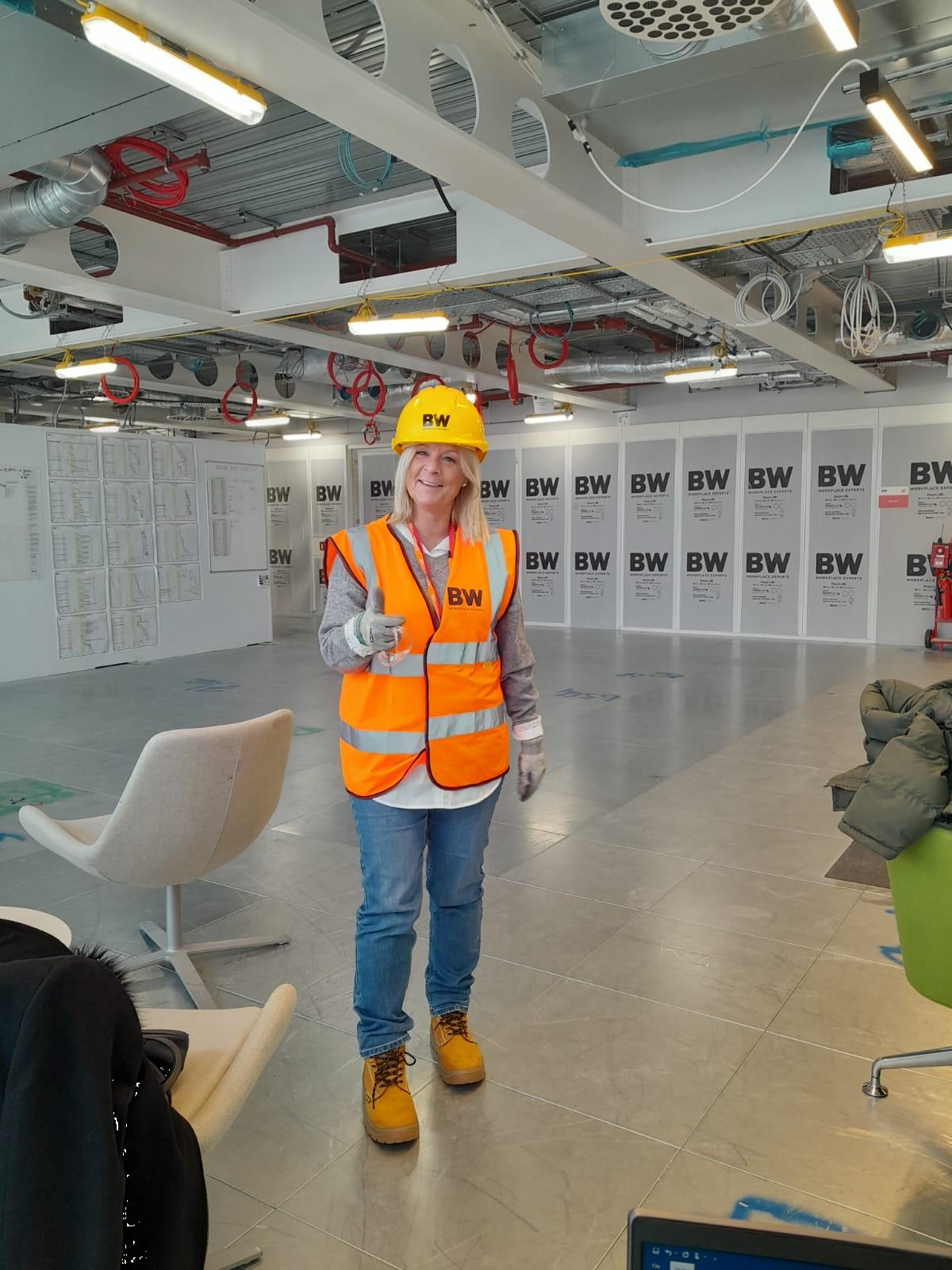Leading experts in the construction industry and built environment, representing 11 organisations, are urging political party leaders in the UK to include commitments for regulating embodied carbon regulation in their manifestos.
The UK Green Building Council (UKGBC), The Institution of Structural Engineers (IStructE), the Institution of Civil Engineers (ICE), Chartered Institute of Building (CIOB), Construction Industry Council (CIC), Chartered Institution of Building Services Engineers (CIBSE), UK Architects Declare, RIBA, RICS, Association for Consultancy and Engineering (ACE), and Part Z have come together to emphasise the critical importance of regulating embodied carbon emissions in construction to combat climate change.
They highlight the significant contribution of buildings and construction to carbon emissions in the UK, highlighting the urgent need for regulatory action as current policy efforts have stagnated.
The group of experts has issued a downloadable paper to political leaders with a critical ask: ‘to include in their manifestoes a commitment to move to reduce embodied carbon emissions in construction within two years of starting government’.
Additionally, the experts list specific steps for action:
-In 2024: Policy signalled confirming the dates and interventions below.
-By 2026: Mandate the measurement and reporting of whole-life carbon emissions for all projects with a gross internal area of more than 1000m2 or that create more than ten dwellings.
-By 2028: Introduce legal limits on the upfront embodied carbon emissions [due to the use of materials in the initial construction] of such projects, with a view to future revision and tightening as required.
Roughly 10% of the UK’s overall greenhouse gas emissions stem from what’s termed “embodied carbon” emissions, directly linked to the manufacturing and utilisation of construction materials. These emissions amount to 64 million tonnes of CO2e annually, surpassing the combined emissions from the country’s aviation and shipping sectors.
Despite their significant impact, embodied carbon emissions remain unregulated in the UK. However, various European countries, along with the state of California, have already enacted similar legislation, and discussions for its adoption across the EU are in advanced stages. This demonstrates the feasibility and precedent for the UK to pursue similar measures.
In recent years, numerous initiatives within the construction industry have been introduced, urging the government to take action to decrease embodied carbon emissions in construction. These initiatives have garnered support from hundreds of businesses, including some of the UK’s largest housebuilders, developers, contractors, and financial institutions. These organisations view regulation as crucial for ensuring consistency and expediting progress in this domain. Many of these entities have publicly endorsed these initiatives, with their statements of support available for review at www.part-z.uk/industry-support
https://www.istructe.org/resources/climate-emergency/embodied-carbon-regulation/
https://www.fmj.co.uk/experts-call-for-regulation-of-embodied-carbon-emissions-in-construction/



